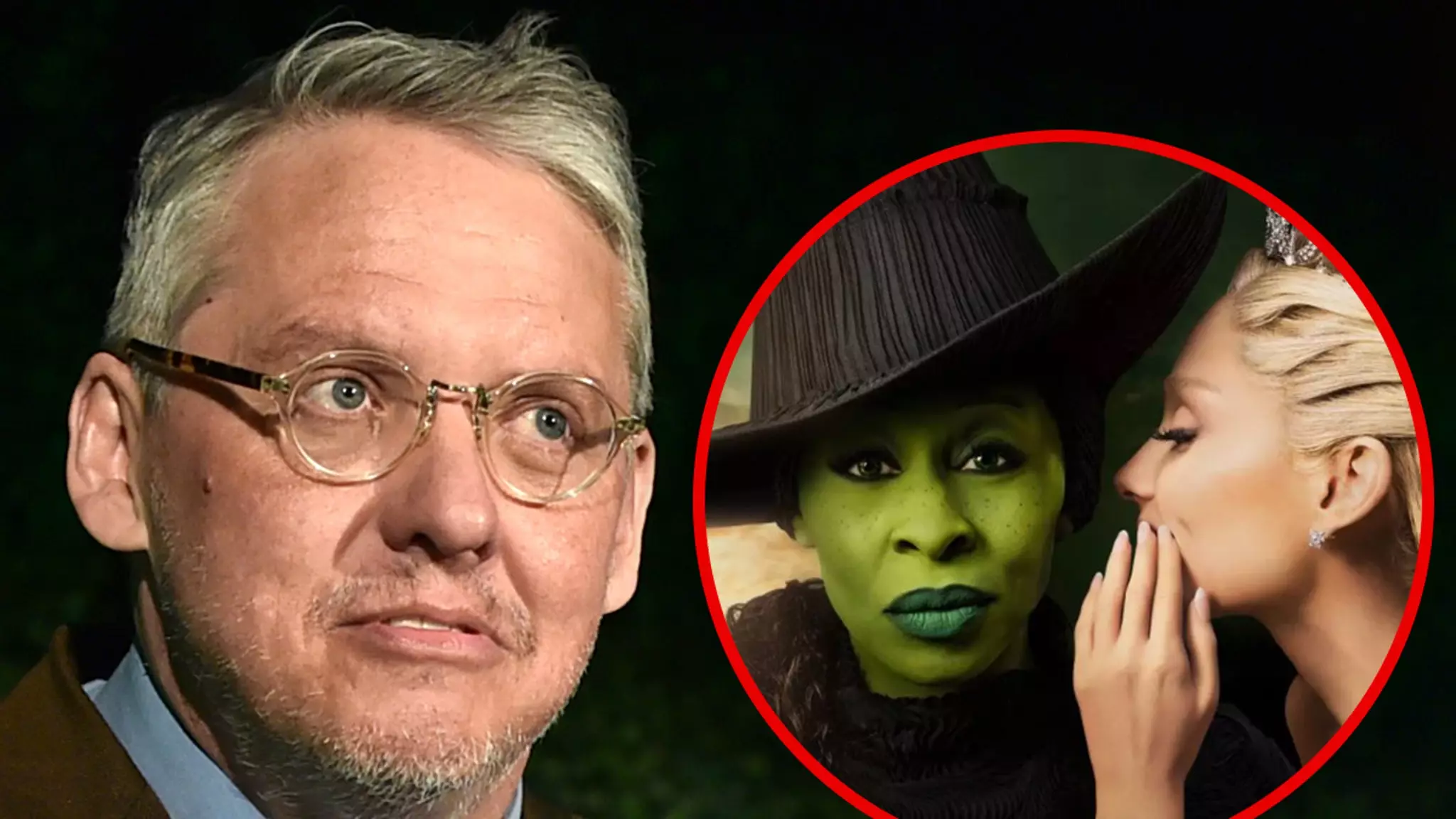In today’s volatile political climate, the artistic expressions of filmmakers and writers face scrutiny, particularly when they challenge prevailing norms. Oscar-winning director Adam McKay has expressed a rather foreboding perspective on the implications of such creative endeavors, particularly concerning the film adaptation of the Broadway musical “Wicked.” McKay’s assertion that the film might become a target for censorship due to its radical undertones reflects a growing concern among artists about the intersection of politics and art.
In a recent post on X, McKay presented “Wicked” as one of the most audacious big-budget productions in Hollywood, emphasizing its themes of radicalization in the context of careerism, propaganda, and fascism. Drawing parallels with iconic works like “Citizen Kane” and “The Sound of Music,” McKay highlighted the film’s potential to provoke thought and inspire dialogue. This comparison underscores the cultural importance of “Wicked,” illustrating how art can serve as a mirror to societal issues and political strife.
The Reaction from the Public
Despite McKay’s fervent warnings, many audiences remain skeptical about the notion of a prominent film like “Wicked” facing outright bans. Such disbelief indicates a prevailing mindset that underestimates the potential reach and consequences of political climate shifts. Critics voice their concerns on social media, suggesting that the very idea of censorship in this context is far-fetched. However, McKay argues that dismissing the possibility of bans on politically charged films reveals a disconnect from the harsh realities that some creators face today.
As a testament to its relevance, “Wicked” has made a significant impact since its November release, raking in nearly $600 million globally. This financial success, combined with its forthcoming sequel, suggests that audiences are hungry for narratives that resonate with current social issues. However, the fact that it tackles sensitive themes such as racism and discrimination, especially through the character of Elphaba, the misunderstood Wicked Witch of the West, positions it at the center of cultural discourse.
Wider Implications in the Film Industry
The hesitance to acknowledge potential censorship reflects a broader trend within the film industry—where art is increasingly scrutinized for its political implications. The backlash against a U.K. film board’s so-called “woke” disclaimer substantiates the fear of artistic expression becoming mired in political controversy. Such instances threaten the diversity of narratives that can exist within mainstream cinema.
In this context, McKay’s concerns about “Wicked” serve as a clarion call for vigilance and advocacy for creative freedom. It is imperative for audiences, creators, and stakeholders within the industry to rally around works that challenge societal norms and provoke meaningful conversations. As future political landscapes remain uncertain, supporting influential films like “Wicked” might be vital to preserving the rich tapestry of storytelling that reflects the complexities of our world.
Ultimately, the urgency is palpable: to appreciate and protect the art that speaks to our truths before it becomes a casualty of a culture unwilling to confront its reflections in the mirror of creativity.

